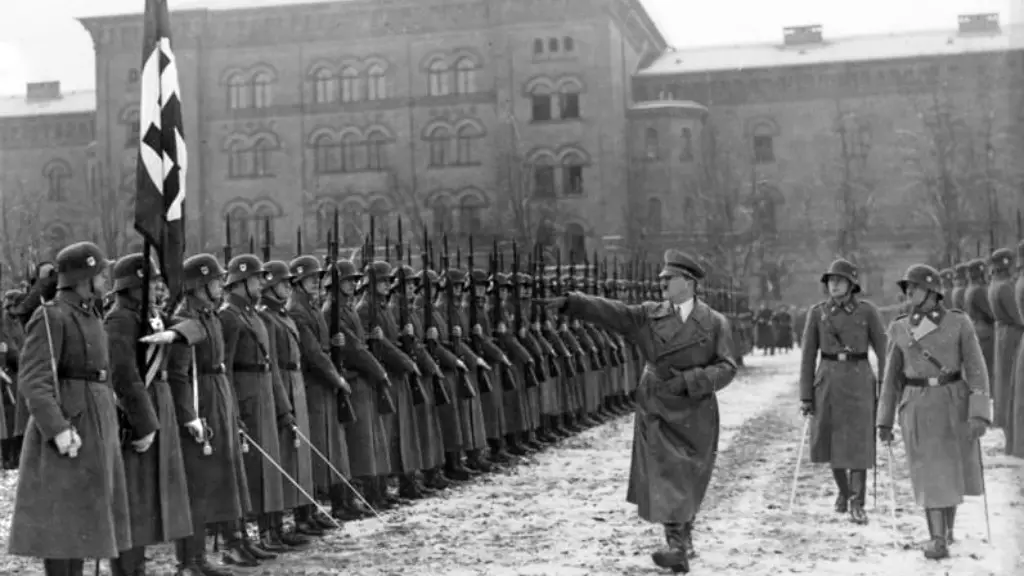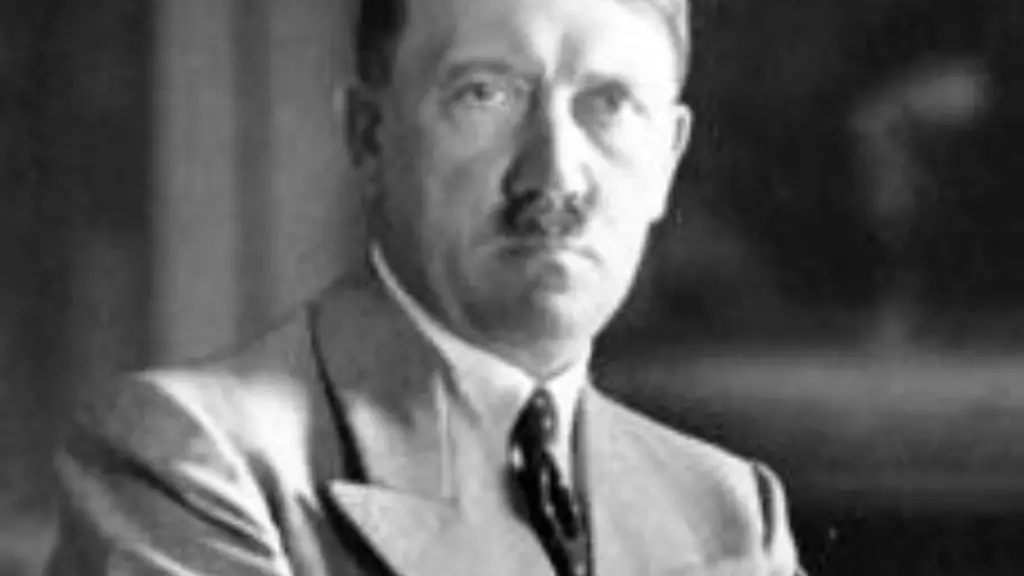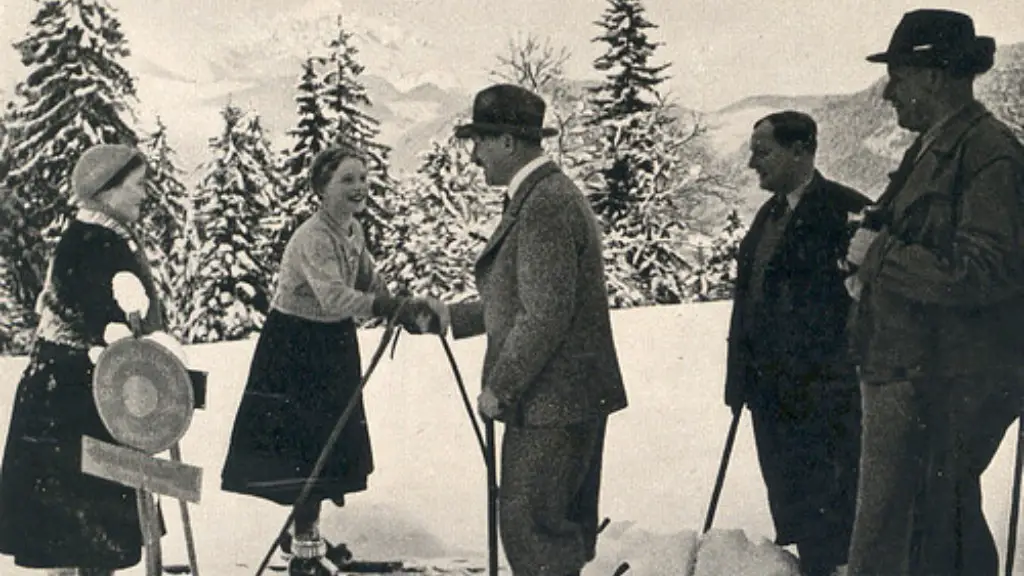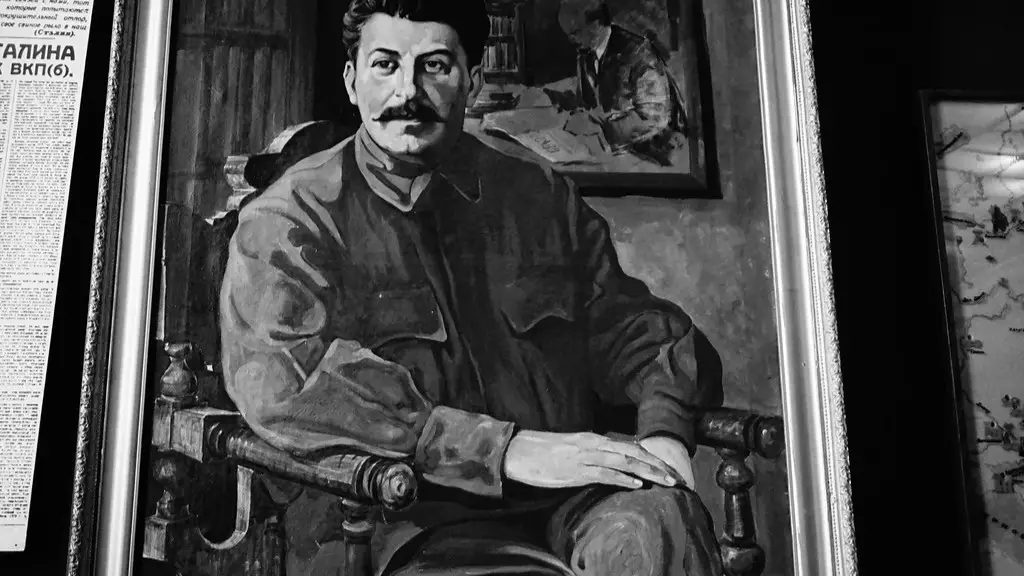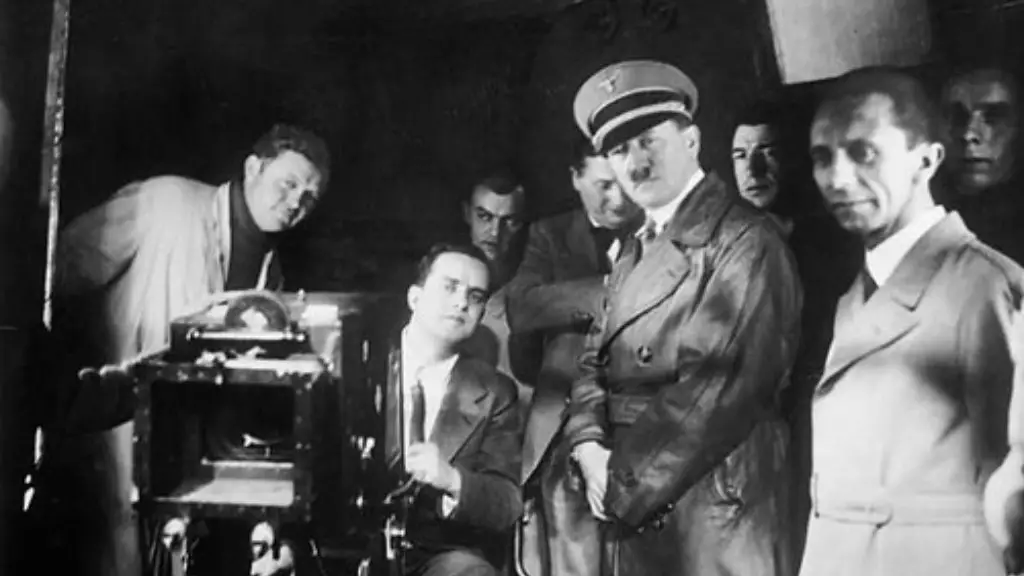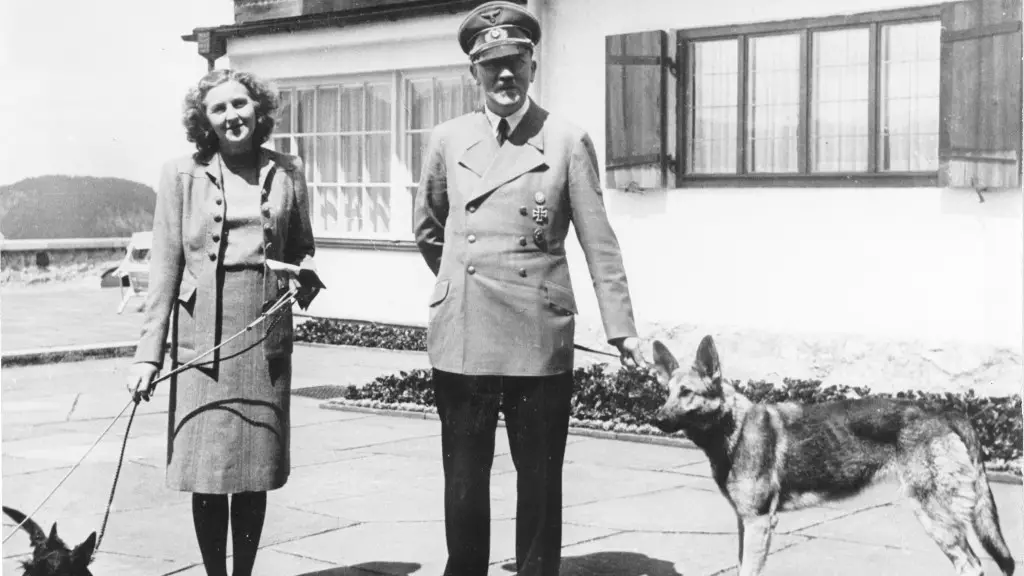Where is Adolf Hitler’s body buried
Adolf Hitler is one of the most notorious dictators of the twentieth century. From 1939 to 1945, he was responsible for war crimes, mass genocide and the murder of millions of innocent people. By the end of the war, he had caused enormous psychological and physical damage to people all over the world.
But after his death, the question of what happened to Hitler’s corpse has kept people guessing for the last 75 years. When the Fuhrer finally took his own life on April 30, 1945, it is thought that his body was burned near the Chancellery in Berlin. However, the exact location and fate of Hitler’s body has remained a mystery to this day.
The most popular theory as to the whereabouts of Hitler’s body is that it was secretly taken for disposal by operatives of the Soviet Union. It is thought that the remains were later transported to Moscow and buried in an unknown location in the vicinity of the city. This theory is largely based on the fact that the Soviet Union was known for secretively burying the bodies of the enemies of the state in secluded locations.
Another theory is that Hitler was buried in Berlin, just steps away from the Chancellery. According to German writer Henrik Eberle, a witness saw two men pushing a wheelbarrow with a large body bag into a bomb crater in the garden of the Chancellery. However, a soil survey in the area has since discounted this theory.
Some people have gone even further, suggesting that Hitler may have escaped Germany and faked his own death. This theory is often derided as there is no evidence to support it and it seems highly unlikely. However, it still persists and has its adherents in some conspiracy circles.
The truth is that no one outside of the Soviet Union at the time knows what truly happened to Hitler’s body. Although some experts believe that it was secretly taken to Moscow and disposed of, there is still no definite answer. Whether or not the world will ever know exactly what happened to the body of Adolf Hitler remains to be seen.
Hitler’s Death & Legacy
Adolf Hitler’s death has been shrouded in mystery for almost 75 years. While historians dispute his exact last moments, there is a consensus among them that Hitler killed himself in his bunker in Berlin on April 30 1945. Most experts agree with the version of events described by Hitler secretaries Traudl Junge and Gerda Christian, who were both eyewitnesses to the dictator’s death.
In the immediate aftermath of his death, Hitler’s body was reportedly burned by Nazi troops in an effort to prevent it from becoming a shrine. However, as the war neared its end, so intensified the Allied search for Hitler’s corpse, which was thought to be key to closing the case on Nazi Germany and its atrocities.
What is undisputable, however, is the impact of Hitler’s reign and its consequences. His actions and words are responsible for an unprecedented level of destruction and suffering, which is why he continues to stand as a symbol for unimaginable evil.
Nevertheless, justice for victims of the Holocaust and other Nazi atrocities can only be realised when the whereabouts of Hitler’s body are finally revealed and the full extent of his crimes is brought to light.
Hitler’s War Crimes
Adolf Hitler’s name is synonymous with some of the worst war crimes in history. From 1939 to 1945 he commanded an oppressive Nazi regime that was responsible for the deaths of millions of people. By the time World War II ended, Hitler and his army had inflicted lethal air strikes on communities, destroyed millions of homes, and committed ruthlessly brutal atrocities against incarcerated individuals.
Nazis forces’ behaviour during the war was perhaps most alarmingly evident in the concentration camps, where imprisoned individuals – including Jews and Roma people – were subjected to sickening experiments or put to death in gas chambers. An estimated 6 million Jews were systematically murdered during the Holocaust, one of the darkest moments in human history.
It is not known exactly how much Hitler knew about the atrocities committed by his forces, though he praised Nazi Germany’s actions in his speeches. It has been argued that, had he escaped alive, Hitler would have been held accountable for his war crimes and punished accordingly.
Nonetheless, even in death, Hitler’s name continues to evoke deep pain and suffering. For survivors and victims’ families, finding closure on the harrowing crimes committed under his rule will only be possible when his body is finally located.
Impact of Hitler’s Actions on Germany
Adolf Hitler’s impact on Germany was far reaching and long lasting. During his 12 year rule, he drastically altered the fabric of German society and laid the foundations for an oppressive, totalitarian regime that sought regional, and later global, domination.
Through strategically placing Germany in positions of power and craftily exploiting propaganda, Hitler quickly gained the trust of millions of citizens of Germany, helping him to seize control. This was a defining moment for the nation, which was soon subjected to a far tighter internal control overseen by Hitler’s Nazi forces.
Alongside laws that disempowered Jewish people, bans on music and artistic depictions deemed ‘degenerate’, and restrictions on church activities, Hitler directly contributed to the deterioration of German’s cultural life.
It would take Germany over 50 years to rebuild its communities, economy and global profile following the Second World War. This was a result of the catastrophic damage caused by Hitler’s regime and the global tensions it created – a legacy that Germany has been dealing with ever since.
Hitler, WWII & the Holocaust
Adolf Hitler’s actions during WWII were some of the most heinous of the century. Millions of lives were snatched away as Hitler charged forward with plans for global supremacy.
The atrocities of the Holocaust, in particular, remain etched in history, representing some of the most horrific and disturbing experiences of the twentieth century. Jews and Roma individuals, who had been persecuted in the decades leading up to the war, were subjected to a terrifying new level of discrimination in the concentration camps of Nazi-occupied Germany.
Moreover, Hitler’s reign scarred the international consciousness with his determination for domination and disregard for human life. He threatened world peace with his aggressive military strategies, culminating in the death of millions of innocent people.
Many consider the Nazi regime’s actions during WWII and the Holocaust as some of the darkest occurrences of modern history. As a result, tracking down the whereabouts of Hitler’s body has become a priority for many deterrence-focused organisations, who believe that full disclosure of the truth is the only way to ensure justice is served.
Conflicting Views on Hitler’s Legacy
Although the majority of historians share a common view of the events and impact of Nazi Germany, opinions on Hitler’s role and legacy remain divided.
At one end of the spectrum, many believe that Hitler cannot be seen as anything other than a cruel tyranny, citing the genocide and other inexcusable atrocities as proof. On the other hand, apologists of Hitler’s rule have argued that his actions should be seen in a wider cultural context.
Others still have taken a softer stance, positioning Hitler as a misguided leader in desperate search of power. This is a classic example of an ‘anti-hero’ or ‘tragic hero’ narrative, one popularised by those looking to portray Hitler in a more sympathetic light.
It is clear that, while history has judged Hitler harshly and rightly so, there is ongoing debate regarding his role and legacy. This is a reflection of the complexities faced by historians in assessing controversial figures, and is also a testament to the impact Hitler had on the world.
Proving Hitler’s Death & Disposing of His Body
To this day, providing definite proof that Adolf Hitler actually died remains a challenging task for historians. Theories persist as to the circumstances of 1939 and the potential for survival, despite this appearing highly farfetched.
Ultimately, the whereabouts of Hitler’s body is intimately linked to proving his death beyond all doubt. Locating his corpse would aid in safeguarding against deny the Holocaust, although such risk is largely unnecessary given the vast amount of evidence already available.
If it is established that Hitler’s body was taken and buried in a secret location, the question of how to dispose of it may also arise. Previous examples of despots include Saddam Hussein and Muammar Gaddafi, as well as Benito Mussolini, all of which were publicly displayed as a warning against tyranny.
The decision regarding the disposal of Hitler’s body is likely to be made by organisations such as the International Criminal Court or the UN. In any event, the physical closure of Hitler’s death is an important step in understanding and accepting the dark past of the twentieth century.
Search for Hitler’s Body Today
The search for Adolf Hitler’s body remains highly contested today. For many, including victims of the Holocaust, understanding the true fate of Hitler’s corpse is seen as an important part of finding closure and justice.
Expeditions and investigations have taken place over the years in an effort to locate Hitler’s remains, along with the help of modern technology. However, these efforts have never successfully gathered the results they were after, leading to an ongoing mystery.
If and when Hitler’s body will ever be found is a decision that lies in the hands of specialists. Meanwhile, the history of the Fuhrer, his actions and the atrocities of WWII will live on in people’s minds and in books, a reminder of all that was lost.
